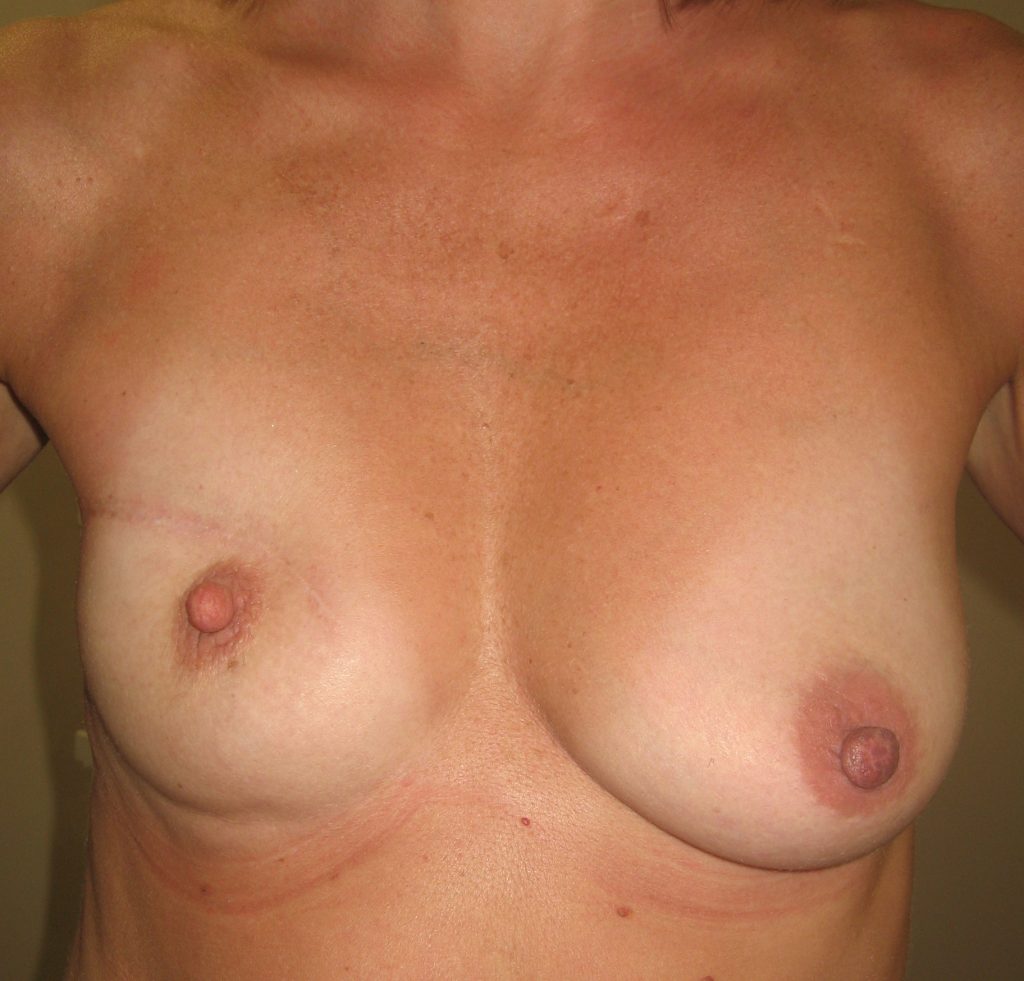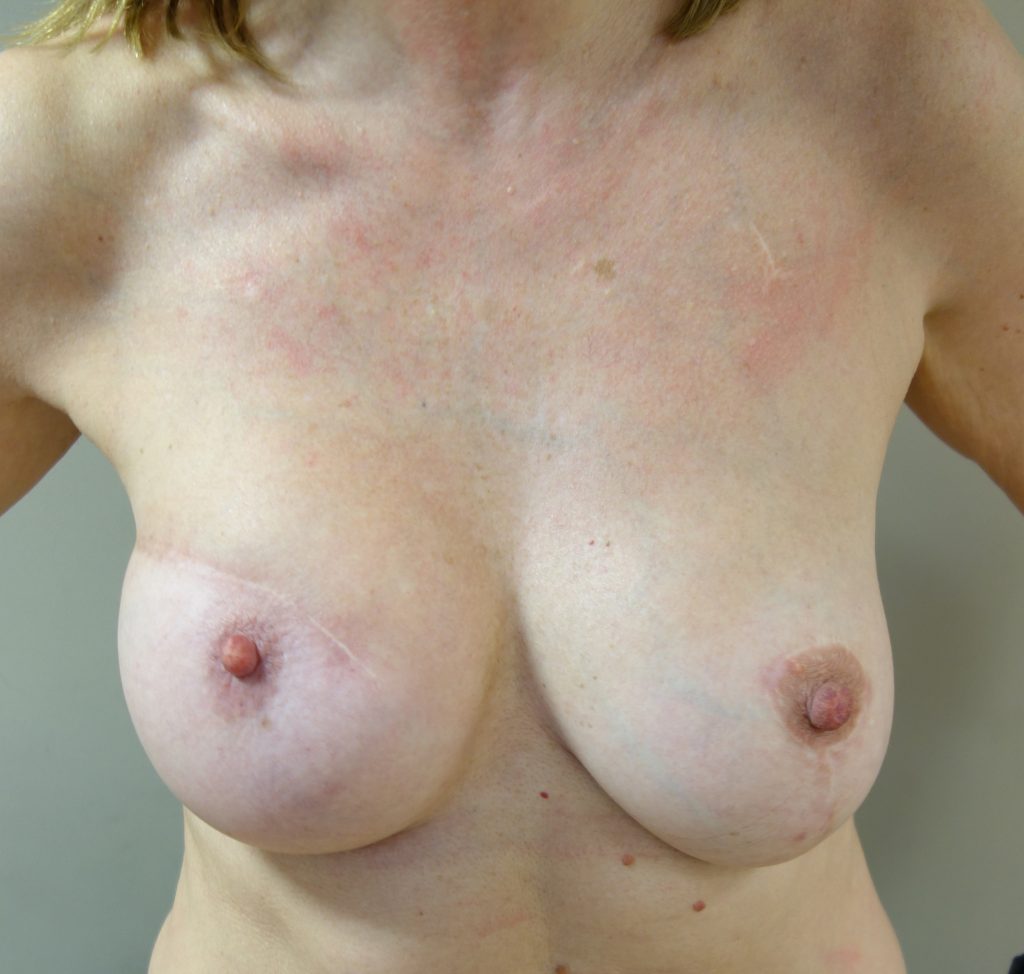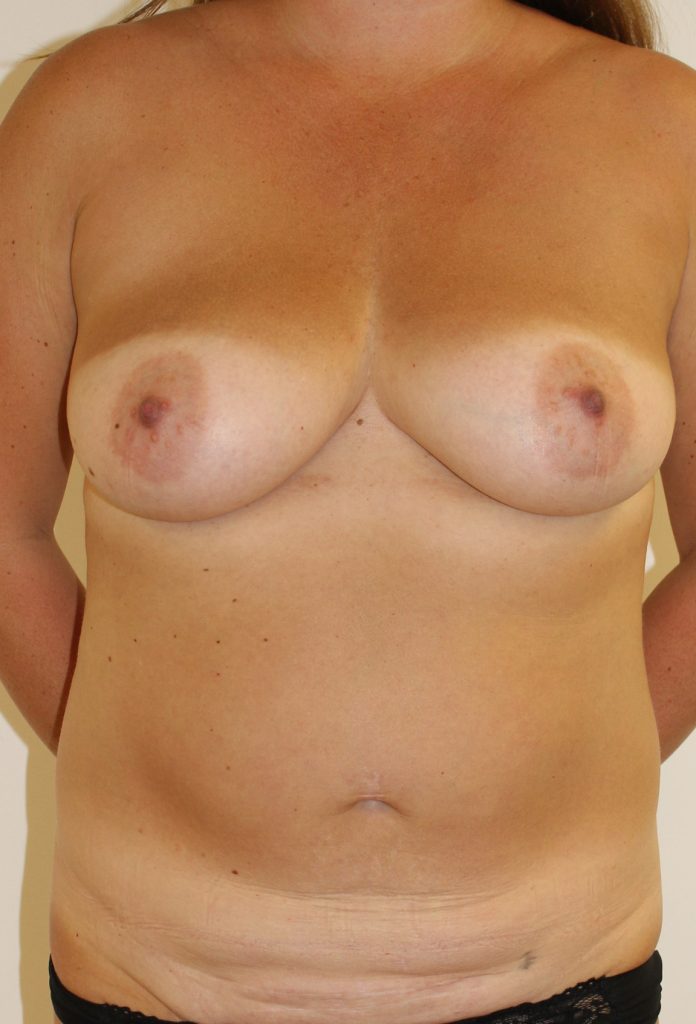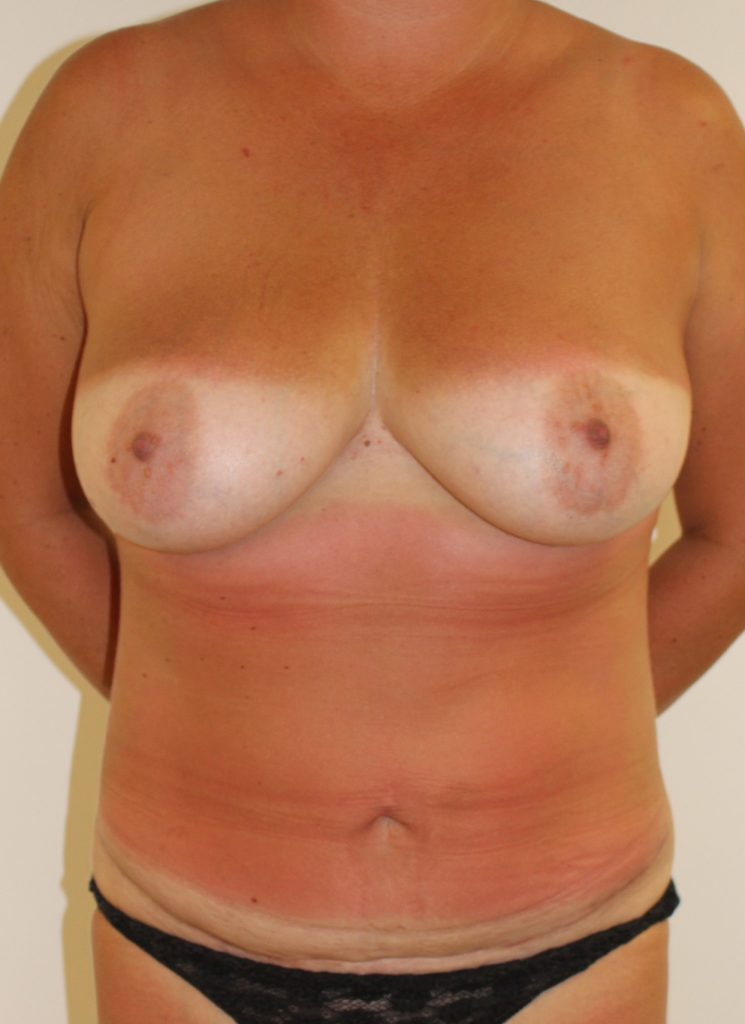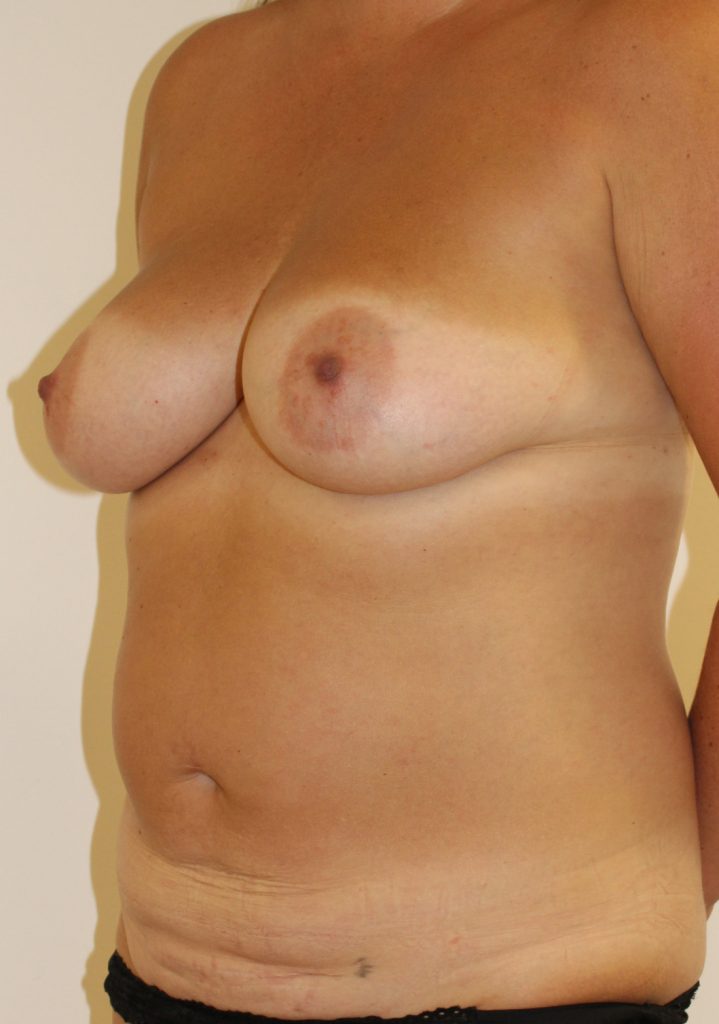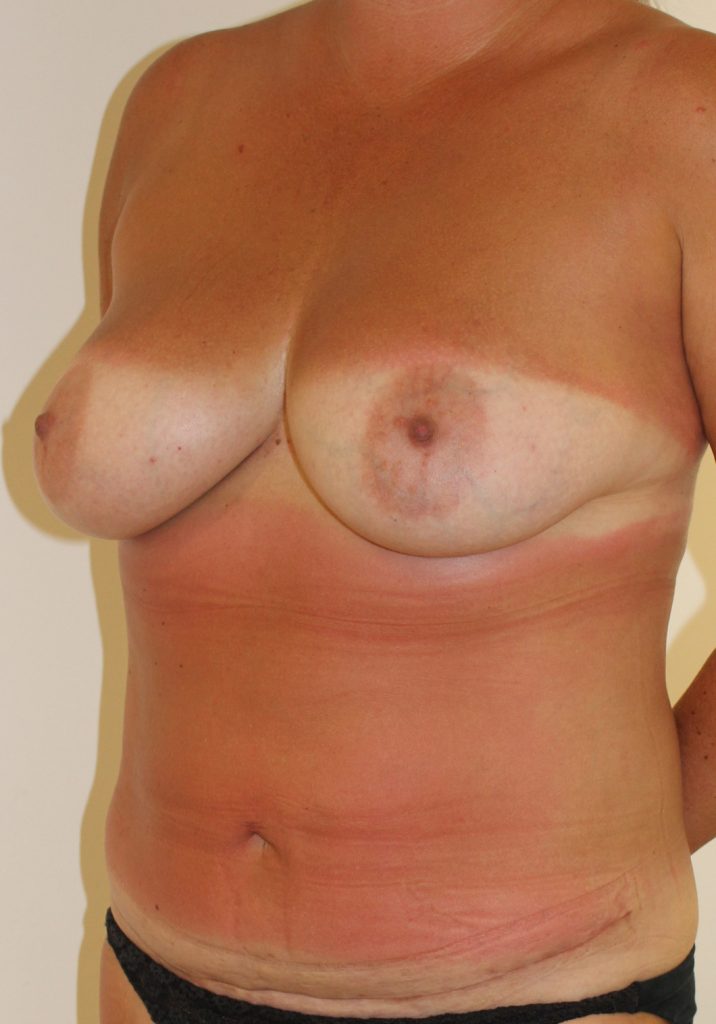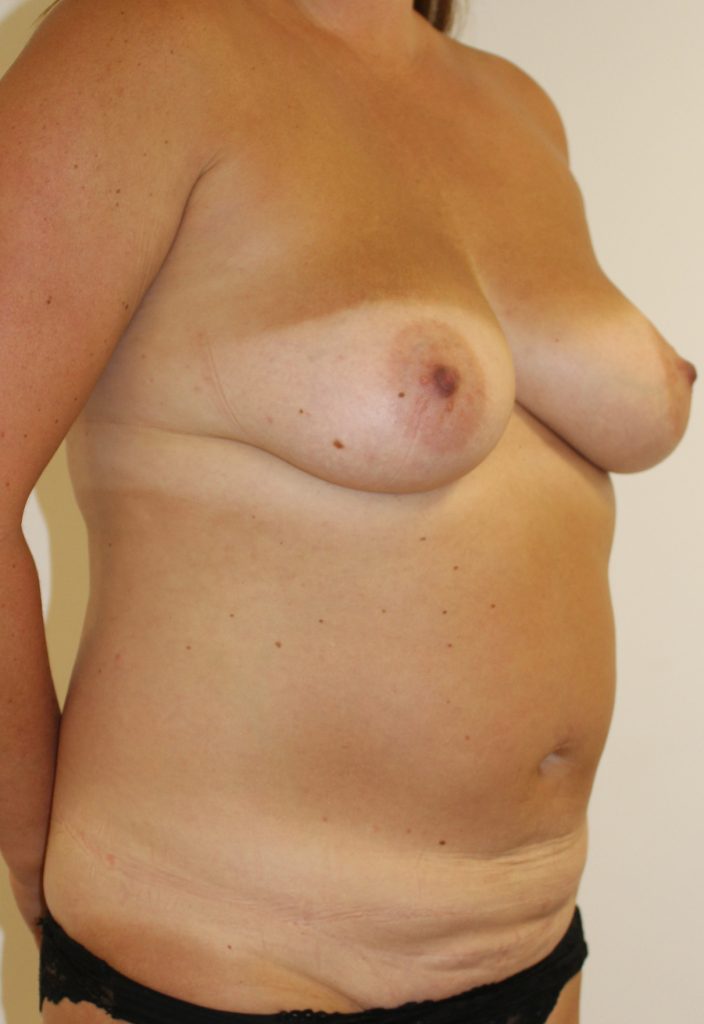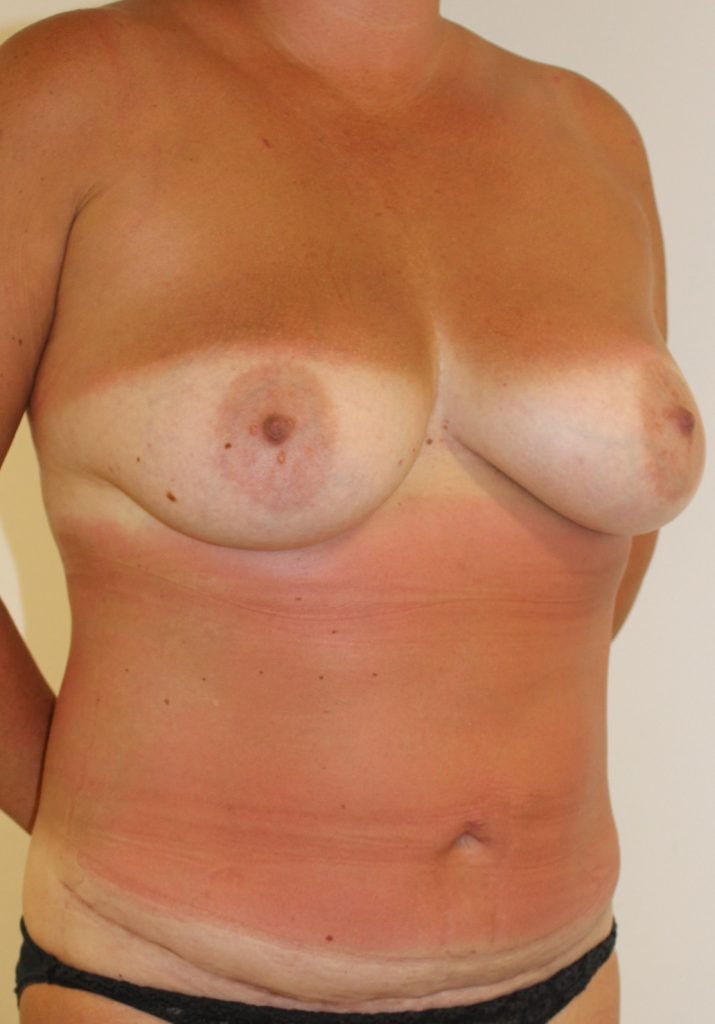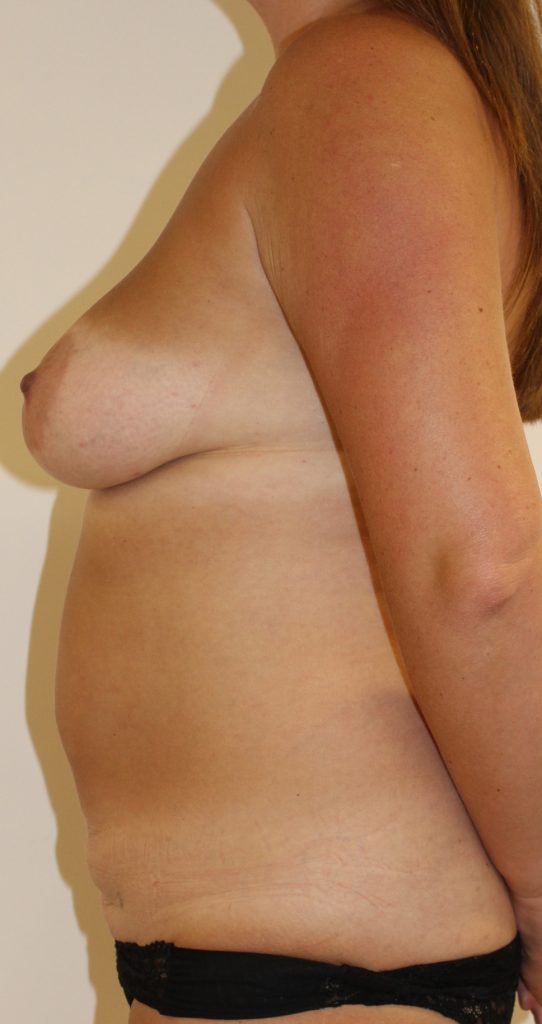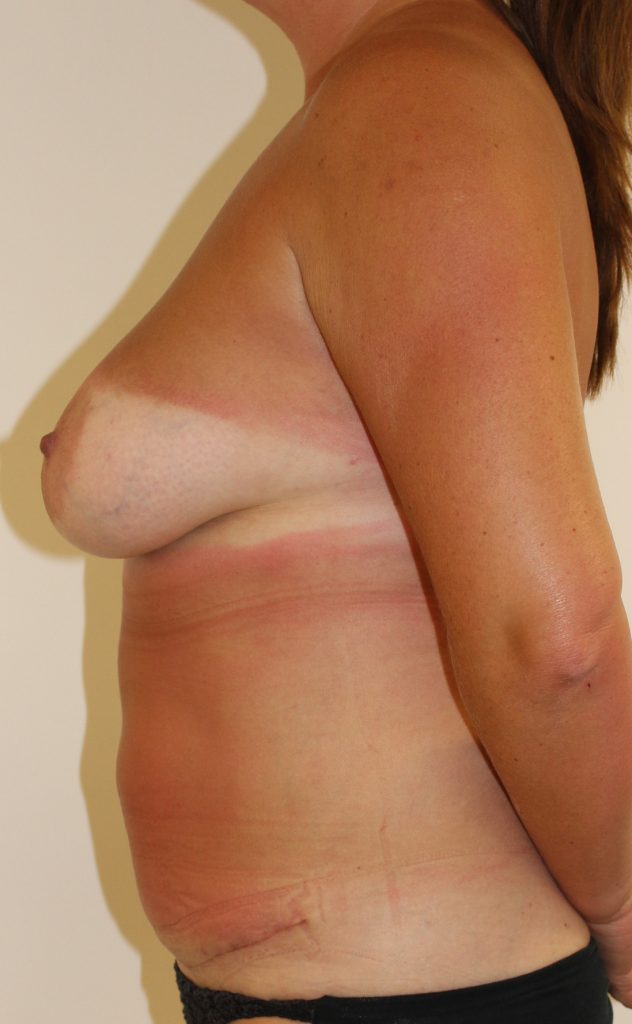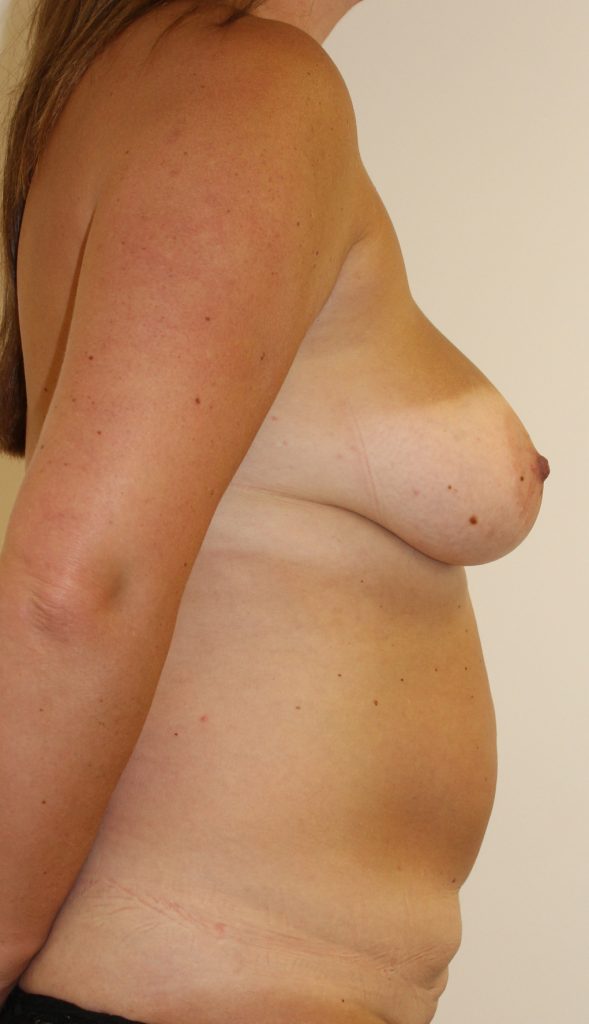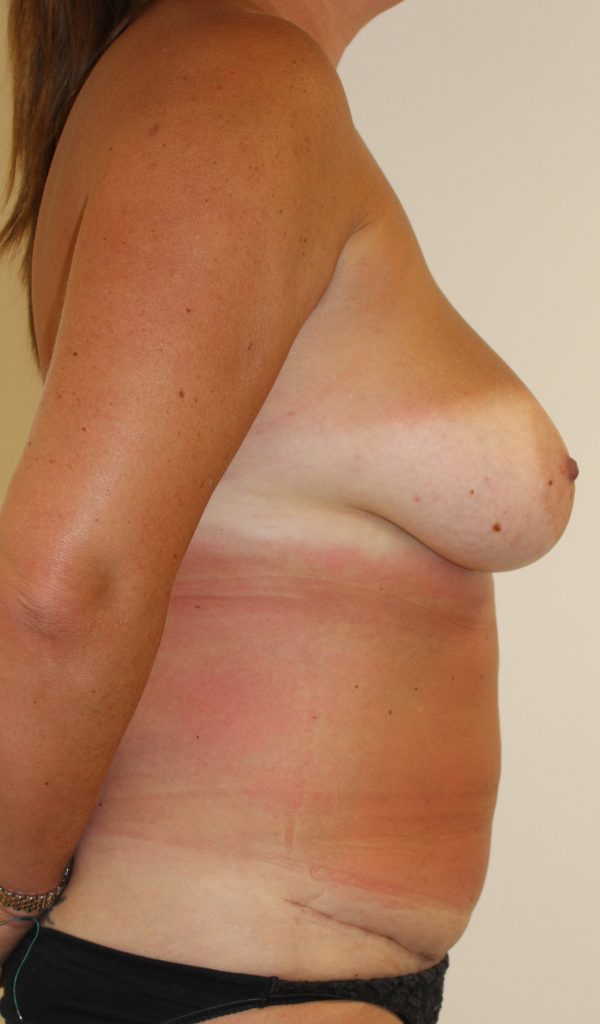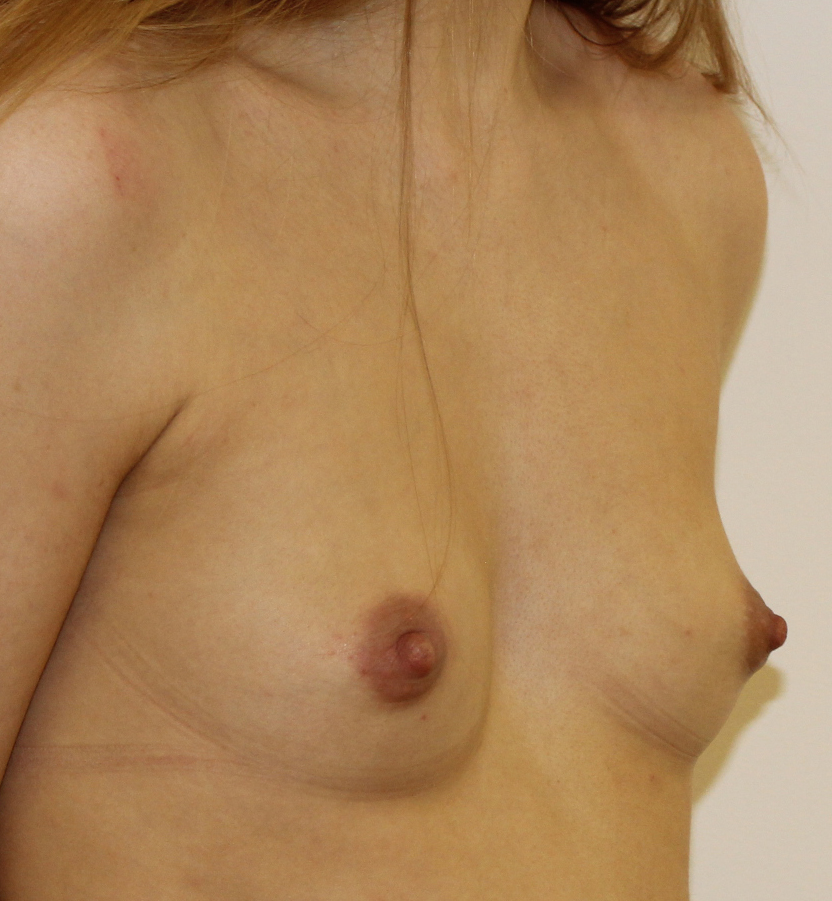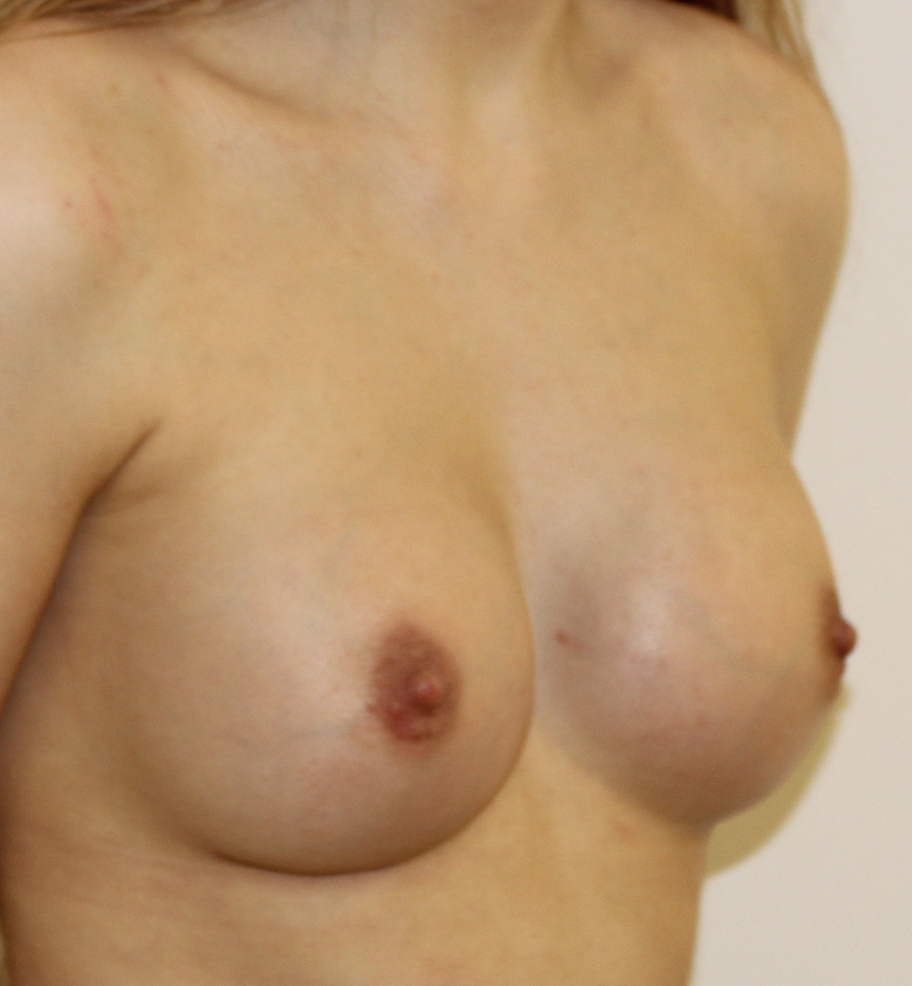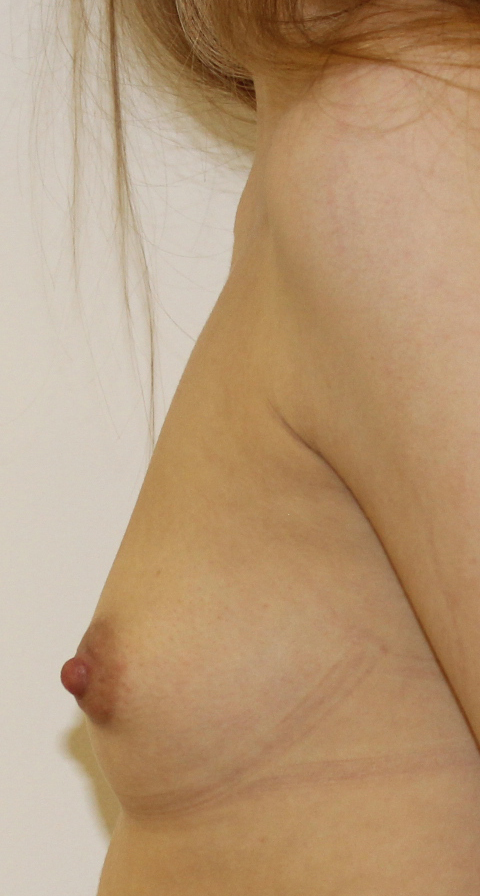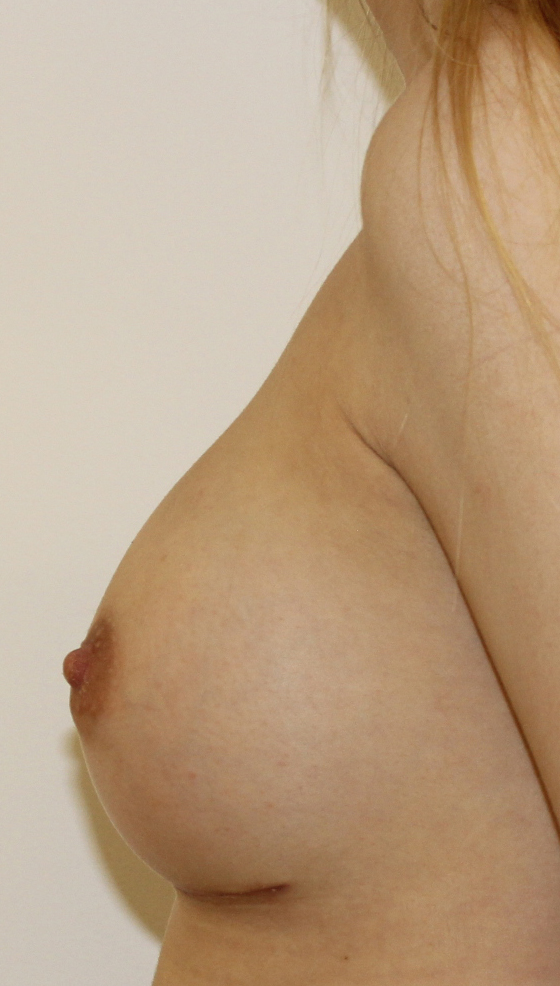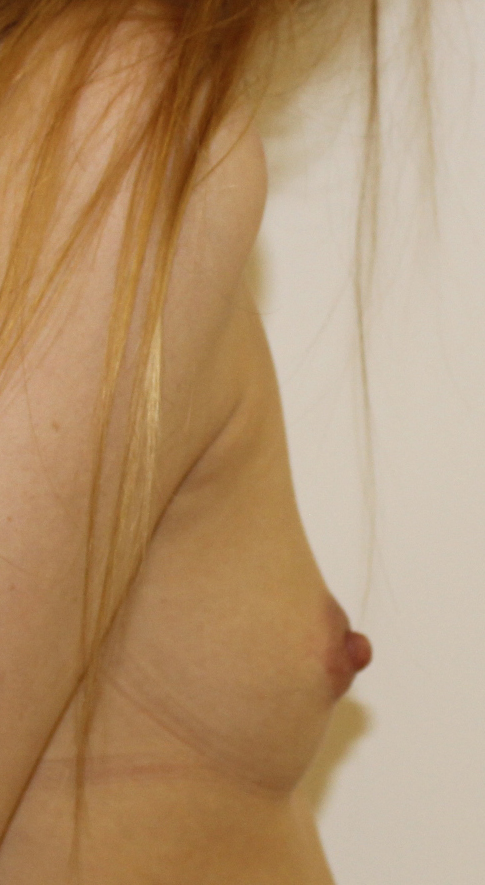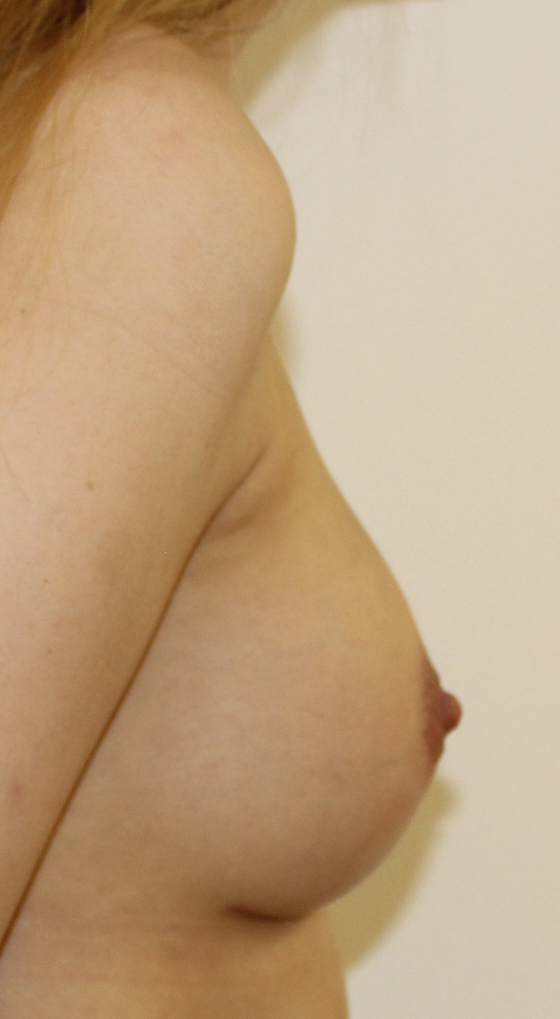Breast Reconstruction Surgery in Manchester
Breast reconstruction is often an important step in your breast cancer recovery. While it can be an emotional procedure to discuss, our surgeons in Manchester are here to talk you through all of your breast reconstruction options, suitable and applicable to your unique case. All of our private breast reconstruction surgeries are performed at a leading private hospital by experienced breast reconstruction surgeons such as Gary Ross and Rachel Holt.
When Would A Breast Reconstruction Surgery Be Required?
Breast reconstruction can be carried out immediately after the breast has been removed as part of a mastectomy, or further down the line. Breast reconstruction can also be performed after a lumpectomy. The surgery can be performed through autologous reconstruction, non-autologous tissue transfer or a combination of both.
Breast Reconstruction After A Mastectomy
There are pros and cons to having breast reconstruction surgery after a mastectomy. It’s important that an in-depth and educational discussion is had to make sure that the decision-making process is as smooth as possible. This may require several consultations with our oncological team and breast surgeon for your breast reconstruction.
Breast Reconstruction After A Lumpectomy
It is common for asymmetry to occur between the breasts after a lumpectomy. How this can be rectified tends to be through several ways, including a mastopexy or autologous fat transfer procedure. In some cases, the breast reconstruction procedure would need to be combined and applied to the unaffected breast for the breasts to appear symmetrical and fuller.
Case Studies
Breast Reconstruction Options
Autologous Reconstruction
Having breast reconstruction after a mastectomy or a lumpectomy with autologous reconstruction (also known as flap surgery) involves removing fat from another part of the body to form new breasts. Autologous reconstruction may also require more than one procedure, depending on your needs and the extent of the breast reconstruction surgery. The main benefit of an autologous reconstruction is minimal changes to the body, which makes the procedure less risky, although it can take several surgeries and be more time-consuming as a result.
During autologous breast reconstruction surgery, tissue can be used from the abdomen to reshape the breasts without having a diverse effect on the abdomen itself.. Other areas where blood vessels may be dissected include the armpit and chest. If you would like tissue to be taken from another area of the body, this can be discussed with one of our surgeons at your initial consultation in Manchester.
Below are some examples of previous autologous reconstructions that have been carried out by our surgeons.
Case Studies
Non-Autologous Reconstruction
A non-autologous reconstruction uses implants and tissue expanders, and can be combined with autologous breast reconstruction methods to help with the construction of the breasts. Non-autologous reconstructions offer the added benefit of allowing patients to choose a certain size of implant. It’s also seen as a simpler breast reconstruction option for those wanting a quicker procedure after a mastectomy. However, it’s worth noting that this wouldn’t be recommended if radiotherapy is required in the short or long term.
If you are wondering what the results of a non-autologous reconstruction may look like, check out some of our previous surgeries below.
Case Studies
To ensure appearance and symmetry are maintained, other procedures may be combined with a breast reconstruction, including:
— Fat Transfer
— Liposuction
— Nipple Reconstruction
— Areola Tattooing
— Unilateral reconstruction (via a mastopexy, breast reduction or mastopexy implant)
If any of the above procedures are required, this will again be discussed during your initial consultation.
FAQs
-
How Much Does Breast Reconstruction Surgery Cost in the UK?
The exact nature and requirements of your particular breast reconstruction will determine the costs of the overall procedure. As such, we provide a detailed cost breakdown at the consultation stage. This is done once the best procedure and methods for your reconstruction have been decided. Our private breast reconstruction surgery cost breakdown will include:
— Hospital fees
— Surgeon time
— Anaesthetic costs -
What Types of Breast Reconstruction Surgery Are There?
Prior to undergoing breast reconstruction surgery, your surgeon will want to discuss your expectations. You must be completely honest with your surgeon so they can provide the best treatment. You have 3 main options when it comes to breast reconstruction surgery, which are:
– Implant Reconstruction: Inserts an implant that is filled with saline solution or silicone gel.
– Autologous or “Flap” Reconstruction: Uses tissues from another part of the body, such as the stomach, thighs and back
– Implant and Autologous Combined: This is a combination of both types and will be discussed in more detail during your breast reconstruction consultation. -
What Is Breast Reconstruction Recovery Time?
Breast reconstruction surgery will require you to relax and heal. Most women can start to get on with normal activities within 6 – 8 weeks. The full breast reconstruction recovery time is around 12-18 months for scars to fade. You will be sore for the first couple of weeks, so it is best to have someone look after you on the day of your breast reconstruction so they can drive you home.
-
Can Men Undergo Breast Reconstruction?
Given that less than 1% of breast cancer cases occur in males, it’s far less common for men to undergo breast reconstruction surgery. If you have recently undergone a male mastectomy and are considering breast reconstruction, feel free to reach out to our team, who will be able to advise you.
-
Are There Any Alternatives to Breast Reconstruction
There are other breast reconstruction options available; your general health and your desired aesthetic may impact which is the right option for you. Alternatives to breast reconstruction include:
- Implants
- Breast form
- Aesthetic flat closure
Some women also choose not to undergo any form of reconstructive surgery.
